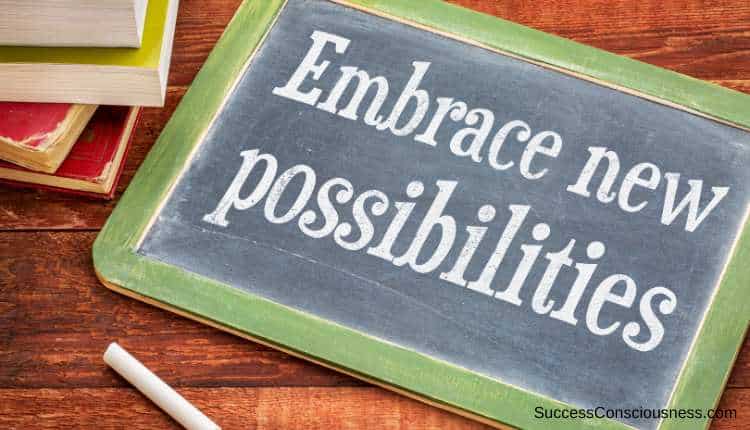Self Development
How to Cultivate Mental Flexibility and Be Open to the New

Mental flexibility is the skill that allows us to adapt to new challenges, shift our perspectives, and think creatively in problem-solving situations. It’s the foundation for opening ourselves up to fresh ideas, opportunities, and experiences that we may not have considered otherwise.
Developing this flexibility enables us to approach life with an open mind, inviting growth and resilience into our lives.
Here’s a closer look at what mental flexibility means, why it matters, and how you can begin cultivating it in practical ways.
Understanding Mental Flexibility
Mental flexibility is a skill that enables you to adapt your thinking when faced with new information, perspectives, or challenges. Unlike rigid thinking, which clings to the familiar, mentally flexible thinking is expansive and adaptable.
When you are mentally flexible, you are more inclined to question assumptions, think critically, and welcome alternative solutions rather than defaulting to established routines or beliefs.
For many, mental rigidity comes from the subconscious need for security and predictability. We are drawn to the safety of well-trodden paths and familiar routines. While stability can bring comfort, too much rigidity can limit our ability to think creatively, innovate, and embrace growth.
Learning how to remain adaptable is about cultivating a balance between seeking stability and remaining open to the unknown.
The Importance of Mental Flexibility
1. Adaptability in a Changing World: Life rarely moves according to plan. Mental flexibility helps us deal with the unexpected by allowing us to adjust our perspectives and explore alternatives. This adaptability is essential for personal growth, as it equips us to handle challenges without getting stuck in unhelpful mindsets.
2. Increased Creativity and Innovation: Mentally flexible people are more likely to find novel solutions to problems because they approach situations with a broader perspective. This creativity opens doors to new possibilities in every area of life, from work to personal relationships.
3. Emotional Resilience: When we are mentally flexible, we can process difficult emotions and situations more effectively, which helps us avoid getting caught in cycles of rumination. Mental flexibility encourages us to learn from experiences rather than feeling trapped by them.
4. Enhanced Interpersonal Relationships: Being open to different perspectives makes it easier to understand others’ viewpoints and build empathy. This ability is invaluable in creating stronger, more harmonious connections with others.
Steps to Cultivating Mental Flexibility
Becoming more mentally flexible is a gradual process that involves rethinking certain habits and attitudes. Here are key strategies to get started:
1. Challenge Your Assumptions
A significant part of mental rigidity stems from deeply held assumptions about how things “should” be. These assumptions are often unconscious but can limit your ability to see alternative paths.
Start questioning these by identifying beliefs or opinions you take for granted and asking yourself if they are valid or based on habitual thinking.
Practical Exercise: Try to list a few personal beliefs and ask, “What if the opposite were true?” or “How would someone with a different background view this?”
2. Observing Your Thoughts
Endeavor to observe your thoughts and emotions without judgment. By observing how certain thoughts make you feel, you become aware of your mental patterns and can choose to respond rather than react.
This is key to cultivating flexibility, as it creates space between your thoughts and actions, allowing for more thoughtful choices.
… (content continues)
-

 Motivation5 months ago
Motivation5 months agoThe Top 20 Motivational Instagram Accounts to Follow (2024)
-

 Tech News5 months ago
Tech News5 months agoBangladeshi police agents accused of selling citizens’ personal information on Telegram
-

 Destination1 month ago
Destination1 month agoSingapore Airlines CEO set to join board of Air India, BA News, BA
-

 Self Development5 months ago
Self Development5 months agoDon’t Waste Your Time in Anger, Regrets, Worries and Grudges
-

 Tech News3 months ago
Tech News3 months agoMastering data privacy in the age of AI
-

 Guides & Tips4 months ago
Guides & Tips4 months agoSatisfy Your Meat and BBQ Cravings While in Texas
-

 Toys5 months ago
Toys5 months ago15 of the Best Trike & Tricycles Mums Recommend
-

 Tech News3 months ago
Tech News3 months agoSoccer team’s drone at center of Paris Olympics spying scandal
























